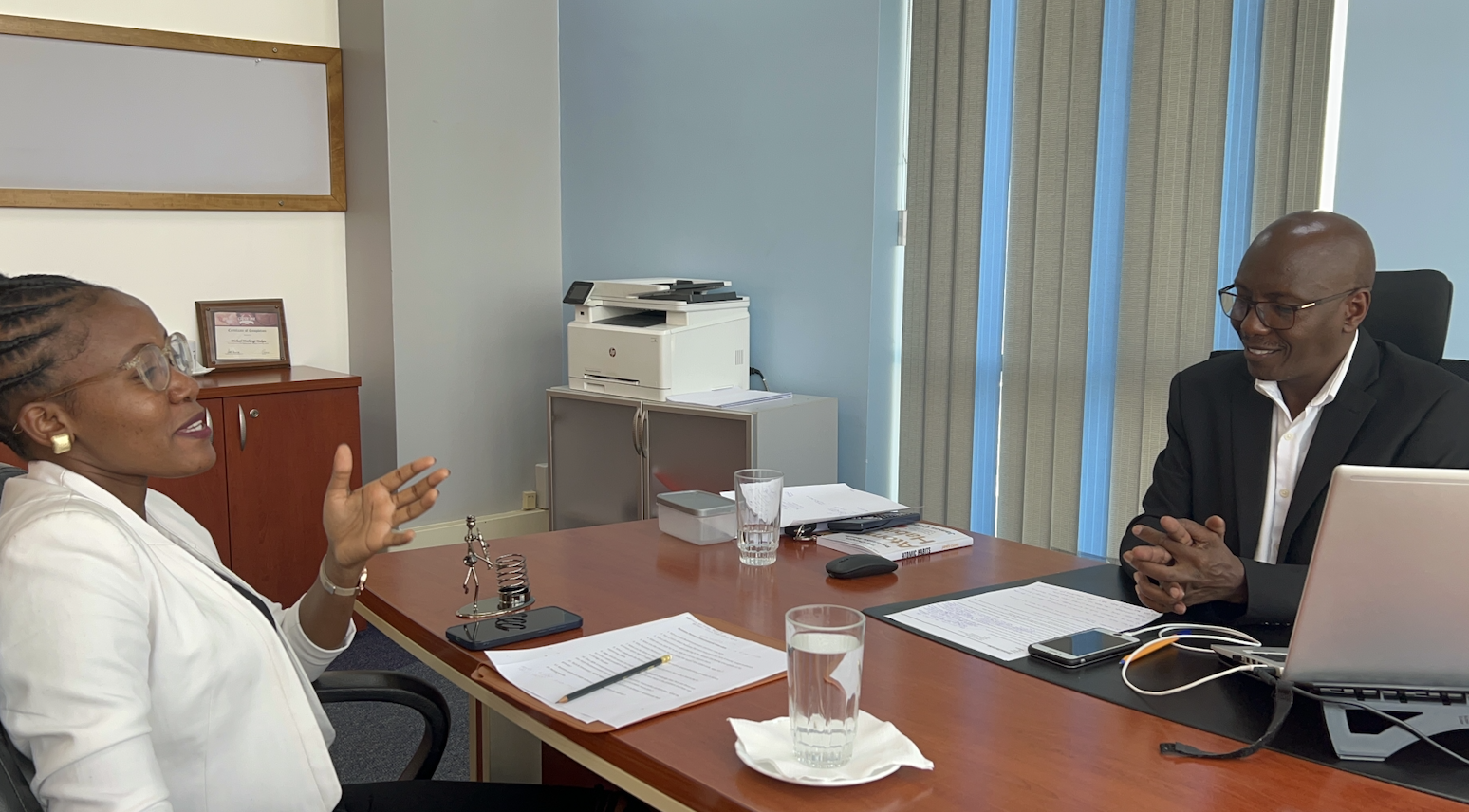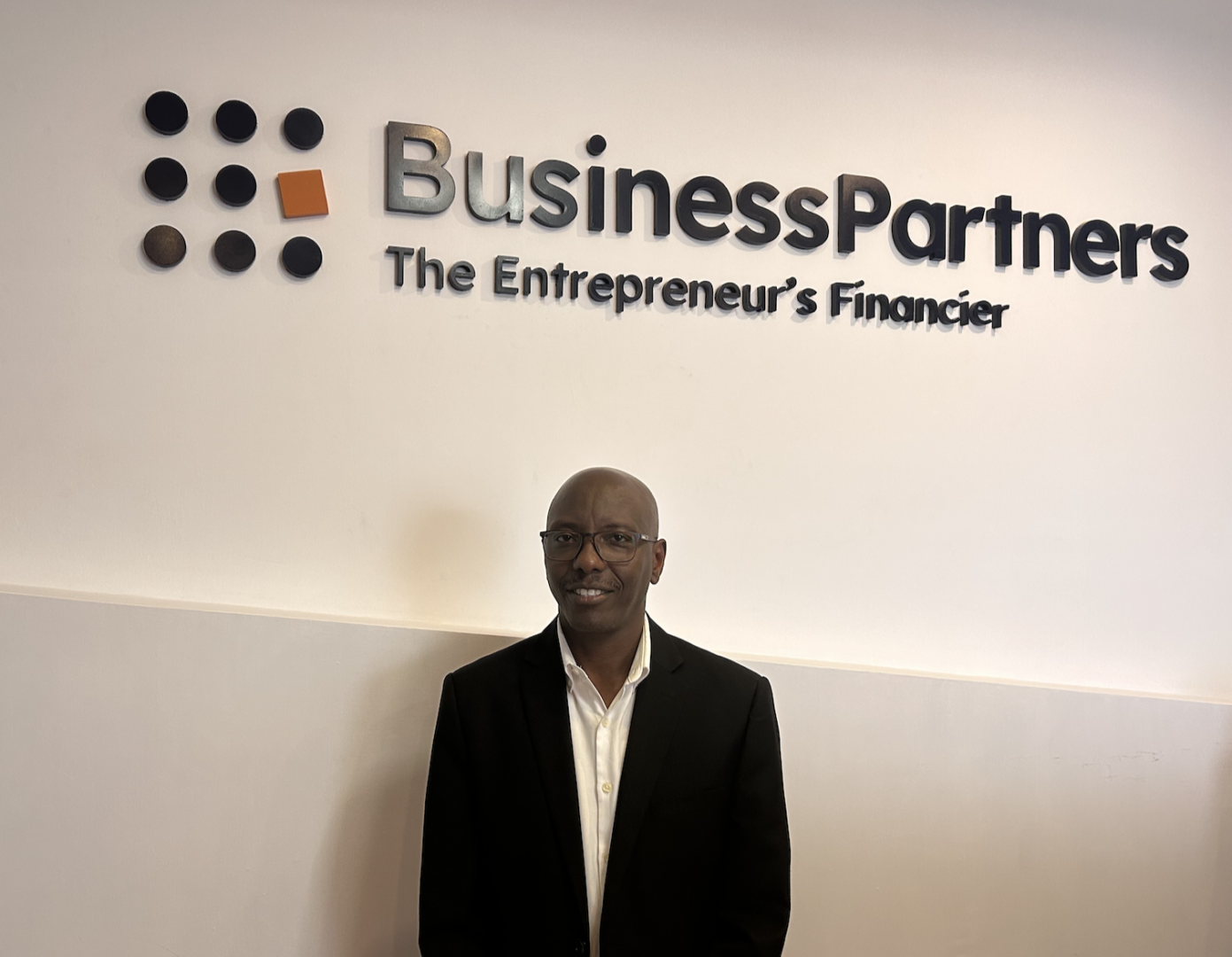For a long time, micro small and medium enterprises have been unable to access credit to boost their businesses.
Studies link this challenge to inadequate financial statements and business plans, limited track records, and limited acceptable collateral security.
However, according to Mike Muthengi, the country manager for Business Partners International, some SMEs cannot access credit due to a lack of knowledge that financiers exist, as well as poor business management.
”There are many times we (financiers) find a very viable business, but it’s so poorly managed, so we don’t find it worth taking the risk. What we think is that the way this person is managing, even if we try and create structures for them, they don’t believe in those structures; you can tell it from their conversation,” he says.
Muthengi noted that the majority of small businesses only agree to the structures being put in place so that they can get the funding, not because they believe they need proper business structures to run their businesses.
”As a financier, that is the greatest risk you can take because if a person does not believe what you are asking them to do is necessary for their business, then what that means is that they will only do it as long as they want to do it and that is what diminishes the success of that business,’’ Muthengi said.
How to access Safaricom interest-free loans of up to Sh. 100,000
While many SMEs tend to shy away from commercial banks due to the endless paperwork and requirements, they can easily access funding from alternative funding institutions which operate just like banks but have slightly unique needs for lending.
One such institution is Business Partners, a risk financier for SMEs, offering loans of between Sh. 10 million to Sh. 100 million.

Entrepreneurs with a viable formal business can access funding for expansion, working capital, equipment, takeovers, property, franchises, property finance for owner-occupied businesses, revamps, or management buy-outs.
Unlike commercial banks, which are more focused on collateral, Business Partners does not ask for 100 per cent collateral when processing loans.
”We do ask for collateral, but for us, collateral is not 100 per cent. If commercial banks want to give you Sh. 1 million, they will want security worth Sh. 1.2 million so that when they discount it, they are left at a million shilling.’’
”For us, we are willing to take a little bit more risk and say if what you are looking for is Sh. 1 million, and the security you are giving us is only worth Sh. 800,000, we will still do the transaction,” he says.
“We will take that extra risk and say we are going to be unsecured in this transaction to a certain level because we believe in your business, and is a good business for us to support.”
The loan application process is very straightforward, and borrowers can make their application by filling out a form on the Business Partners website.
Once the application has been initiated, Business Partners assess the business for viability and engage with the entrepreneur to understand their business’s potential.
Each application is considered on its merits and on the potential profitability of the business as well as the state of the industry.
The lender, however, does not fund businesses such as primary agriculture, alcohol breweries, and tobacco sectors, as well as personal residential property due to potential impact considerations.

To be eligible for the loans, borrowers must present a completed application, business plan, annual financial statements, up-to-date management accounts, cash flow forecast, and the CV of the business owner. The loan processing takes a maximum of 14 days.
”We do not do a vanilla interest rate structure. We do an Internal Rate of Return (IRR) depending on the risk we see in the client. So the higher the price, the higher the risk and vice versa,’’ explained Muthengi.
I earn Sh. 27,000 salary; How can I build two bedroom house without taking loan?
Why Business Partners
The lender negotiates and agrees on the pricing of the business loan as well as the repayment period during the initial financing discussions.
The loan repayment period is 5 years and up to 10 years for property development. Business partners also offer technical assistance to their customers, enabling them to access key services with ease.
”For example, an agro processor who is processing avocado for export needs a very particular certification for them to access the market, and that certification can be very expensive.”
”Through our technical assistance, we fund you specifically to acquire that certification at no interest. All you need to pay back is that money that we spent, and you pay it over the same period as the loan,’’ added Muthengi.
Muthengi notes that people who use technical assistance report higher profits by 30 percent compared to others operating in the same space who do not use it.
Since its inception in Kenya in 2006, Business Partners has invested over Sh3 billion in the country.
The firm, which also operates in South Africa, Malawi, Rwanda, Uganda, and Namibia, has so far impacted over 150 Kenyan SMEs and has created over 2,000 direct jobs and 6,000 indirect jobs.
Its top priority businesses are women-owned businesses and for good reason. According to Muthengi, women are generally better players in business compared to men.
”Women are generally risk averse. It takes a lot of time for a woman-led business to borrow; because they think through. By the time a woman entrepreneur takes a loan, they have looked at every possible thing that can go wrong, and they will satisfy themselves it will not go wrong. ” Muthengi said.
He added that financiers prefer lending to women entrepreneurs because they are more cautious and have more clarity about what they want to do.
While Business Partners has not rolled out any specific product tailored to women’s enterprises, the firm has dedicated 40 percent of its funds to women-owned businesses.










